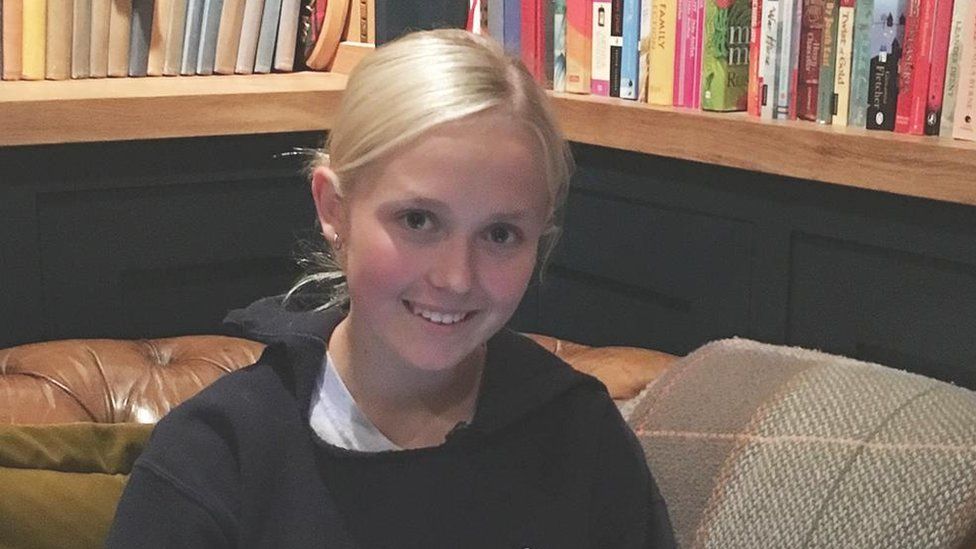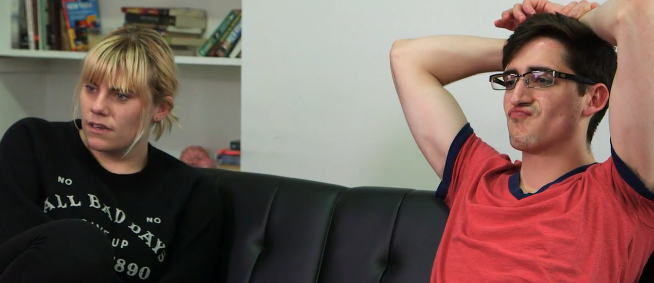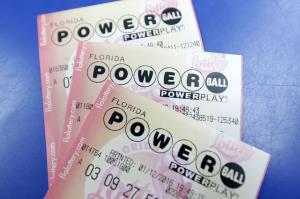Grandma With Wrong Number Makes Holiday Miracle

(Twitter)
http://mashable.com/2016/11/16/grandma-texts-wrong-teen-thanskgiving/?#JSfFo5r7VEqU
1. In what ways did questions of evidence come up in this story? How do we know what is true on social media? What evidence would you need to verify someone's identity from a number you didn't know?
2. Whose perspective is represented in this story? Whose is left out? In what ways is your perspective limited when reading this story? With whom do you identify most? Why might a teenager have a different perspective than a senior citizen?
3. In what ways is this connected to history? In what ways is this connected to transportation? Star Wars?
4. How might this be different if the gender roles were reversed? If this was in India?
5. What are the basic assumptions of the role of a grandmother? The Thanksgiving holiday? In what ways is this significant to you?
Extension Activities:
1) Students can research the term "doxxing" and decide if this falls under the definition and debate for their viewpoint.
2) Students can invite someone they normally wouldn't invite to a celebration and reflect on the experience from planning to implementation.
AoK: Ethics, History
WoK: Reason, Imagination, Emotion

(Twitter)
http://mashable.com/2016/11/16/grandma-texts-wrong-teen-thanskgiving/?#JSfFo5r7VEqU
1. In what ways did questions of evidence come up in this story? How do we know what is true on social media? What evidence would you need to verify someone's identity from a number you didn't know?
2. Whose perspective is represented in this story? Whose is left out? In what ways is your perspective limited when reading this story? With whom do you identify most? Why might a teenager have a different perspective than a senior citizen?
3. In what ways is this connected to history? In what ways is this connected to transportation? Star Wars?
4. How might this be different if the gender roles were reversed? If this was in India?
5. What are the basic assumptions of the role of a grandmother? The Thanksgiving holiday? In what ways is this significant to you?
Extension Activities:
1) Students can research the term "doxxing" and decide if this falls under the definition and debate for their viewpoint.
2) Students can invite someone they normally wouldn't invite to a celebration and reflect on the experience from planning to implementation.
AoK: Ethics, History
WoK: Reason, Imagination, Emotion










